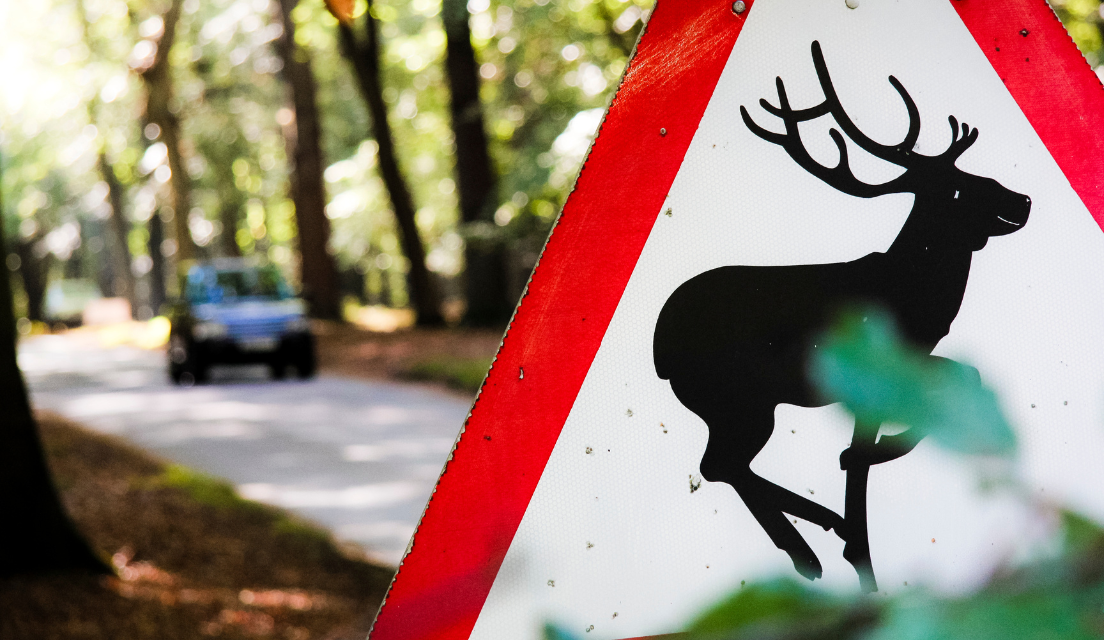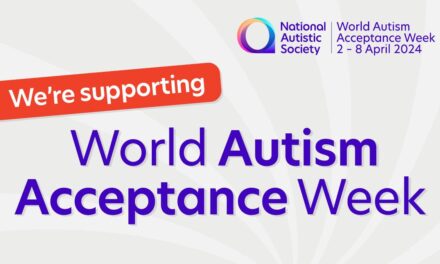Can you tell a buck from a doe, stag or hind? How about identifying fallow, roe or sika?
Read on to find out how to be more deer aware!
The UK has a wonderfully diverse wild population of deer. During October and November there are usually more sightings due to mating season, and again in May and June for calving season.
Here in East Sussex we have a lot of beautiful countryside providing home to deer – such as Ashdown Forest. Although it is exciting to spot them in the wild, they are a potentially serious hazard on the road. Road traffic accidents involving deer present a major problem in this country with anywhere up to 74,000 deer killed in collisions every year.
Find out more about the six species of British deer on the British Deer Society website, and read up on our top tips below to make sure you know what to do to prevent an emergency.
How can you be more deer aware on the roads?
Know their schedule
Deer cross the roads all year round, but more so in calving (May/June) and mating seasons (October/November). They will usually be seen on country roads between sunset and sunrise.
Seen one? Look for another.
If a deer crosses in front of you, it is likely that another will follow. Slow right down or stop and wait if it is safe to do so. Deer are unpredictable so drive with caution.
Spot the warning signs
There are warning signs placed exactly where deer are known to cross. If you see one – slow down, stay alert and be prepared to stop.
Drive safely
Drive at a speed that is appropriate for the conditions and environment. That way, if you do hit a deer you are more likely to walk away unharmed.
Use your lights
Use full-beam headlights when there are no oncoming vehicles. This will illuminate the eyes of deer and give you more reaction time. But, if you do see deer ahead, dip your headlights to avoid startling them.
What do you do if you hit a deer?
Remain calm and keep safe
Keep yourself and anyone with you as safe as you can.
Park up
Park your car in a safe place with the hazard lights on. This will serve as a warning to alert other road users.
Call for help
If anyone is seriously injured or the deer is blocking the road, call 999. If the deer is injured, at the side of the road and not causing danger to others, call the police on 101. They will arrange for the deer to be looked at.
Don’t touch the deer
It is best not to approach injured deer as it could cause further distress or cause it to run back in to the road. An injured deer will not benefit from efforts to sit with it or keep it warm.




